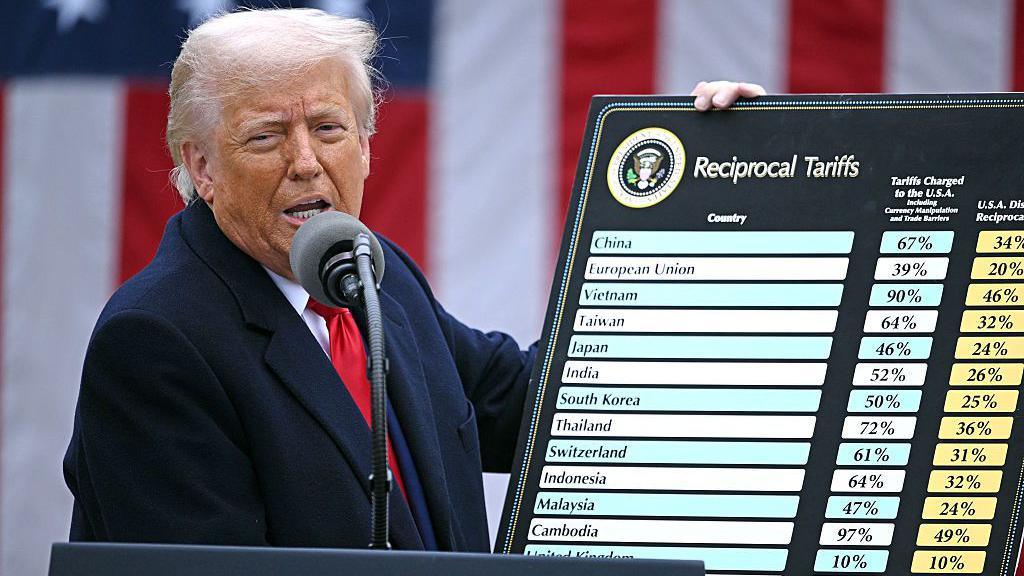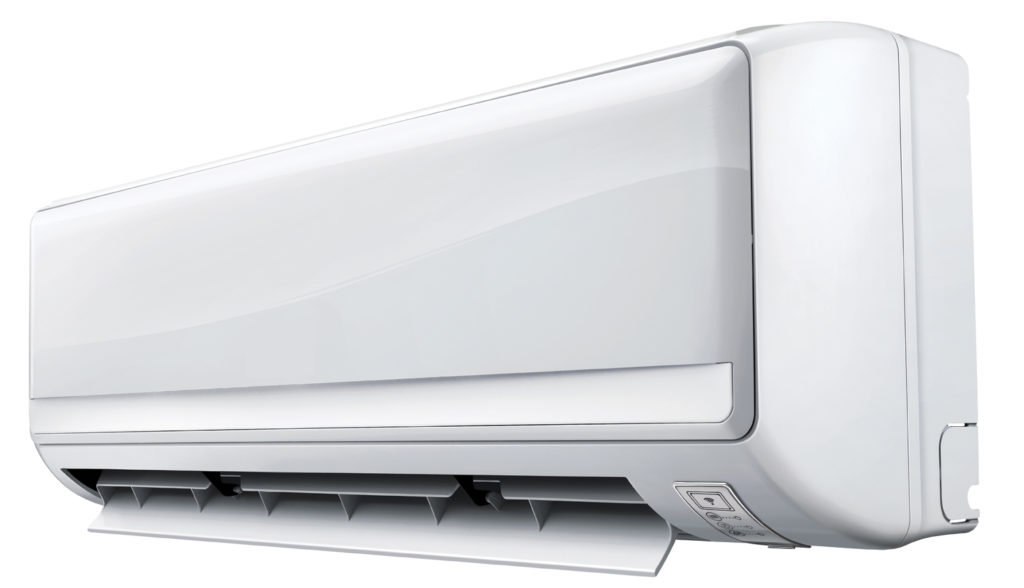Trump Tariffs Create New Investment Opportunities and Trading Opportunities in Africa
How U.S. Tariffs Are Reshaping Global Trade—and Creating New Openings in Africa
The recent escalation of U.S. tariffs under President Donald Trump has intensified global trade tensions, leading to retaliatory measures and potential capital controls by affected nations. This evolving scenario presents both challenges and opportunities for countries seeking to navigate the shifting economic landscape. Notably, Africa emerges as a promising destination for investment, offering avenues for diversification and growth.
Escalation of Trade Tensions and Capital Controls
In response to the U.S. imposing tariffs—such as the 25% levy on imports from Canada and Mexico and a 10% tariff on Chinese goods—affected countries have initiated countermeasures. China, for instance, has imposed tariffs ranging from 10% to 15% on U.S. agricultural products and increased export controls on American companies. Additionally, Chinese regulators have restricted outbound investments targeting U.S. assets, aiming to gain leverage in trade negotiations .
These retaliatory actions, including potential capital controls, are designed to stabilize domestic economies and currencies amid the volatility induced by the trade war. However, such measures may inadvertently limit the global investment options for these nations, prompting the search for alternative markets. Reuters
Africa: A Strategic Investment Destination
Amid the turbulence of the U.S.-China trade conflict, Africa stands out as a viable and attractive investment destination. The continent’s rich natural resources, burgeoning consumer markets, and improving business climates offer compelling opportunities for investors seeking to diversify and mitigate risks associated with the trade war.
Countries like Nigeria, Ghana, and South Africa have been identified as key players in this context. For example, in 2023, 85% of the U.S. trade deficit with nations under the African Growth and Opportunity Act (AGOA) was attributed to just three countries—South Africa, Nigeria, and Ghana—highlighting their significant role in international trade .
Moreover, the implementation of the African Continental Free Trade Area (AfCFTA) enhances intra-African trade and positions the continent as a unified market, further increasing its appeal to global investors.
Opportunities for Countries Investing Heavily in the U.S.
Nations that have traditionally invested heavily in the U.S. may find it strategic to redirect some of their investments toward Africa. This shift can serve as a hedge against the uncertainties of the current trade environment and capitalize on Africa’s growth potential. Sectors such as agriculture, manufacturing, technology, and infrastructure in Africa offer high returns on investment and contribute to sustainable economic development.
How Wigmore Trading Facilitates Investment in Africa
At Wigmore Trading, we specialize in bridging the gap between global investors and African markets. Our services include:
-
Market Entry Strategy: Providing insights and guidance on navigating the African business landscape.
-
Supply Chain Management: Ensuring efficient and reliable movement of goods across borders.
-
Investment Advisory: Identifying lucrative opportunities aligned with investors’ objectives.
-
Risk Assessment: Evaluating and mitigating potential challenges in African markets.
By leveraging our deep understanding of the continent’s economic dynamics, Wigmore Trading empowers investors to make informed decisions and achieve success in Africa.
Conclusion
The current global trade tensions, marked by U.S. tariffs and ensuing capital controls, necessitate a reevaluation of investment strategies. Africa’s emerging markets present a compelling alternative for countries seeking to diversify their investment portfolios. With the support of experienced partners like Wigmore Trading, investors can navigate this new terrain effectively, unlocking the vast potential that Africa has to offer.








Comments are closed.